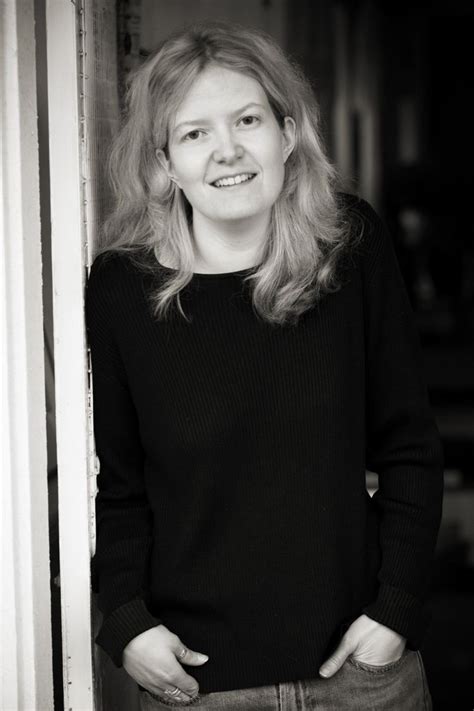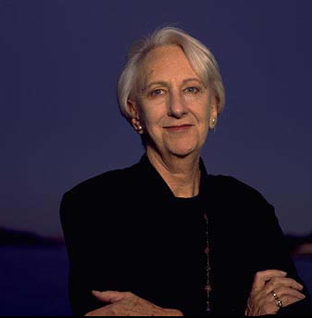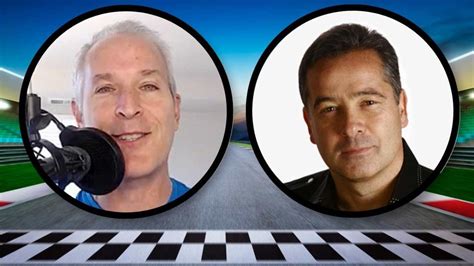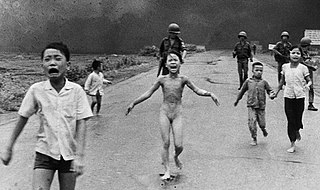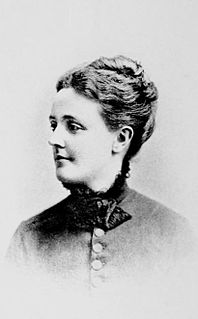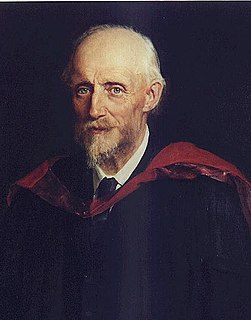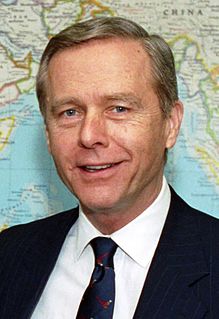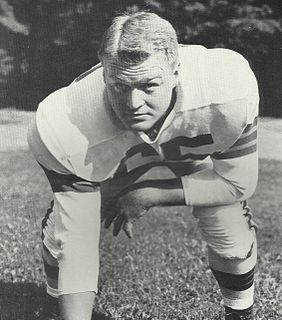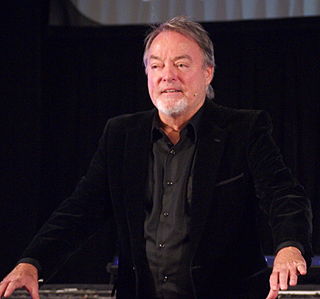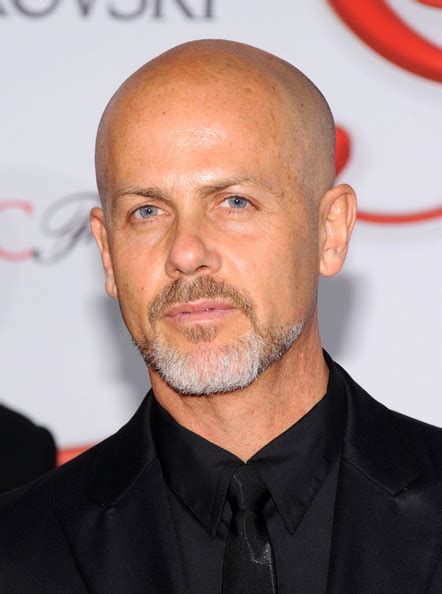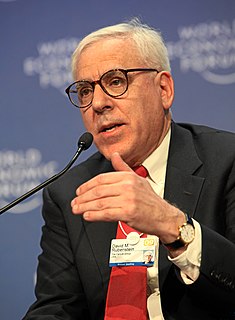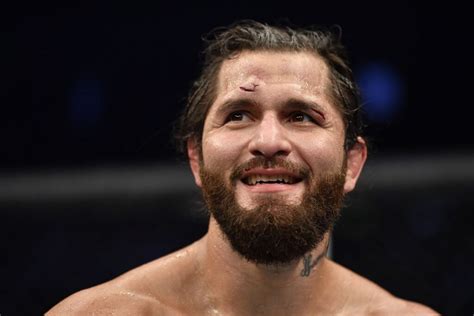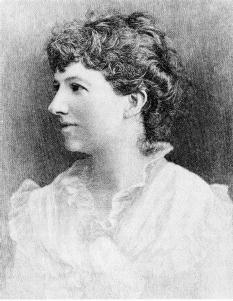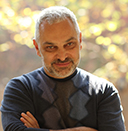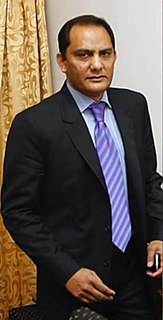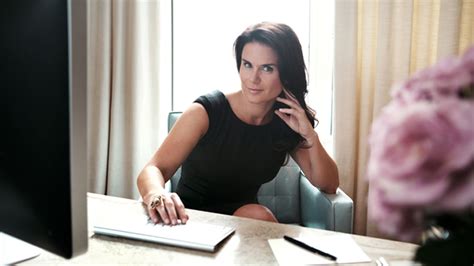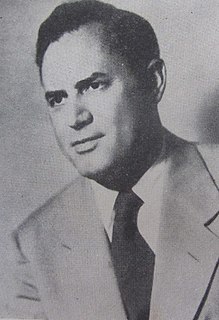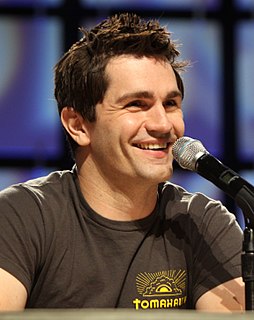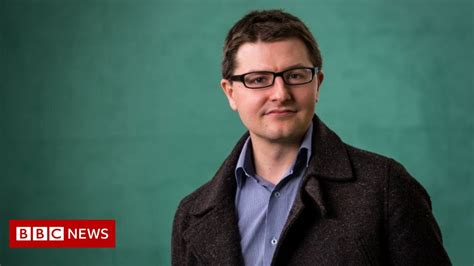Top 1200 In The Past Quotes & Sayings - Page 12
Explore popular In The Past quotes.
Last updated on December 23, 2024.
We have a higher percentage of the intelligentsia engaged in buying and selling pieces of paper and promoting trading activity than in any past era. A lot of what I see now reminds me of Sodomand Gomorrah. You get activity feeding on itself, envy and imitation. It has happened in the past that there came bad consequences.
Do not allow past experiences to be imprinted on your mind. Perform asanas each time with a fresh mind and with a fresh approach. If you are repeating what you did before, you are living in the memory, so you are living in the past. That means you don't want to proceed beyond the experience of the past. Retaining that memory is saying, 'Yesterday I did it like that.' When I ask, 'Is there anything new from what I did yesterday?' then there is progress. Am I going forward or am I going backward? Then you understand how to create dynamism in a static asana.
We're at a historical juncture: A growing number of people are declaring what has been achieved over the past decades in Europe to be wrong. They want to return to the nation-state. Sometimes there is even a blood and soil rhetoric that for me is starkly reminiscent of the interwar years of the past century, whose demons we are still all too familiar with.
I don't believe there's anything in life you can't go back and fix. The ancient Vedas - the oldest Hindu philosophy - and modern science agree that time is an illusion. If that's true, there's no such thing as a past or a future - it's all one huge now. So what you fix now affects the past and the future.
Every historian loves the past or should do. If not, he has mistaken his vocation; but it is a short step from loving the past to regretting that it has ever changed. Conservatism is our greatest trade-risk; and we run psychoanalysts close in the belief that the only "normal" people are those who cause no trouble either to themselves or anybody else.
Citizens, not less generous than myself, let your most precious moments be employed in causing the past to be forgotten; let all my fellow-citizens swear never to recall the past; let them receive their misled brethren with open arms, and let them, in future, be on their guard against the traps of bad men.
Knowing that one dies... has brought with it a peace that before was elusive to say the least... it is useless, if at times pleasurable, to fantasise about the future. It is not here and it is not known. In the same way the past is just that. Past. Gone. To be relinquished. 'What's done cannot be undone.' Now is what it's about... Life is still to be lived, suffered, enjoyed, battled over.
Liberalism is the philosophy for our time, because it does not try to conserve every tradition of the past, because it does not apply to new problems the old doctrinaire solutions, because it is prepared to experiment and innovate and because it knows that the past is less important than the future.
[To] mechanical progress there is apparently no end: for as in the past so in the future, each step in any direction will remove limits and bring in past barriers which have till then blocked the way in other directions; and so what for the time may appear to be a visible or practical limit will turn out to be but a bend in the road.
One of the things you learn in football is that you're only as good as your last outing. I don't like to reflect on what we've done in the past. I'm not a very good storyteller, for one thing. I'd disappoint you. When it's time, I'll talk about the good old days. But it's a sign of old age, reveling in the past.
Do not be afraid of the past. If people tell you that it is irrevocable, do not believe them. The past, the present and the future are but one moment in the sight of God, in whose sight we should try to live. Time and space, succession and extension, are merely accidental conditions of thought. The imagination can transcend them.
I'm not inspired by space in that kind of futuristic sense, but I've never liked retro. Of course, we always get references from the past, but that doesn't mean that the clothes have to look like the past. We need to look forward, which is why I'm fascinated by new materials, technologies, techniques, and unusual ways to use colors or textures.
As nations we should also commit afresh to righting past wrongs. In Australia we began this recently with the first Australians - the oldest continuing culture in human history. On behalf of the Australian Parliament, this year I offered an apology to indigenous Australians for the wrongs they had suffered in the past.
I want to give meaning to the history of the past, but to do it in real time, as if it were lived. This gives a special touch to my films, because you feel that I didn't have one single idea of the concrete meaning of what I wanted to say or what you have to feel or what you have to think. For me, this is the beauty, to see the past being born in front of you.
Nature repairs her ravages, but not all. The uptorn trees are not rooted again; the parted hills are left scarred; if there is a new growth, the trees are not the same as the old, and the hills underneath their green vesture bear the marks of the past rending. To the eyes that have dwelt on the past, there is no thorough repair.
The present moment, though, is outside of time, it’s Eternity. In India they use the word “karma” for lack of any better term. But it’s a concept that’s rarely given a proper explanation. It isn’t what you did in the past that will affect the present. It’s what you do in the present that will redeem the past and thereby change the future.
Meteorologists have the right perspective. They ground themselves in the current conditions (today’s highs/lows). They briefly acknowledge significant events of the past (record temps). And they keep an eye on the future (five-day forecast). Honor your past accomplishments, live in the present moment, and look to the future.
In the past, the imperialism of the West, like that of the rest, was often difficult - for the doers as well as for their victims - but western states were, nonetheless, usually able to dispatch forces overseas against non-western peoples without any fear of being attacked themselves. That kind of immunity is probably now a thing of the past.
Writing the past is never a neutral act. Writing always asks the past to justify itself, to give its reasons... provided we can live with the reasons. What we want is a narrative, not a log; a tale, not a trial. This is why most people write memoirs using the conventions not of history, but of fiction.
The man who is asleep reacts; he knows nothing of action. And reaction is a binding: it binds you into new prisons, new chains. Response is out of freedom, hence it brings more freedom. Reaction is out of the past; you act according to your memories, built-in by your experiences, conditionings. You react not to the present, not in the present. You don`t reflect the real situation as it is; you go on interpreting it according to your past, your past experiences. The man who is awake is like a mirror: he reflects that which is the case. HE IS AWAKE.
What the nostalgic past and the imaginary future seem to share in common is a form of idealism, perhaps a dream of wholeness. Our future is just as goopy with sentiment as our past. To me, they're the same, both very tempting, and I don't believe in either, although the idealism is probably important.
"What's going on down there, Katniss? Have they all joined hands? Taken a vow of nonviolence? Tossed the weapons in the sea in defiance of the Capitol?" Finnick asks.
"No," I say.
"No," Finnick repeats. "Because whatever happened in the past is in the past. And no one in this arena was a victor by chance." He eyes Peeta for a moment. "Except maybe Peeta."




